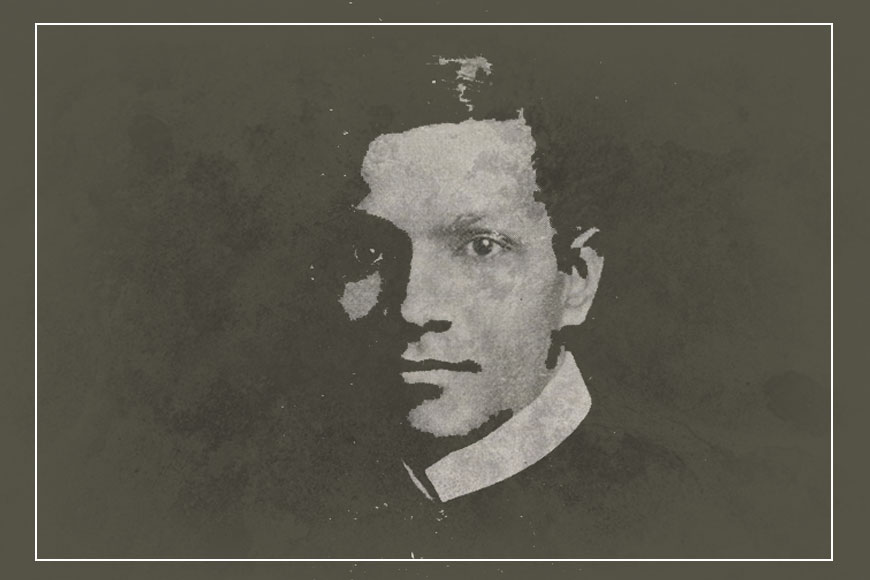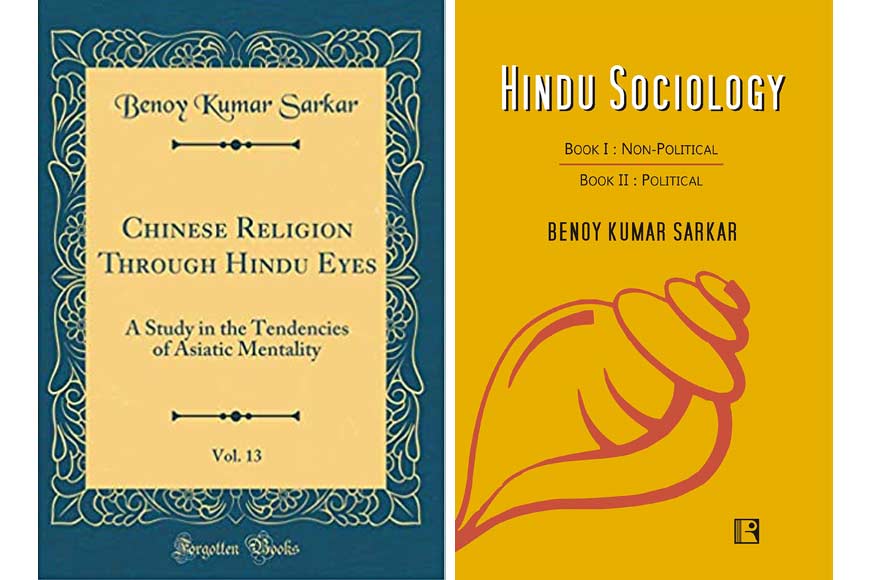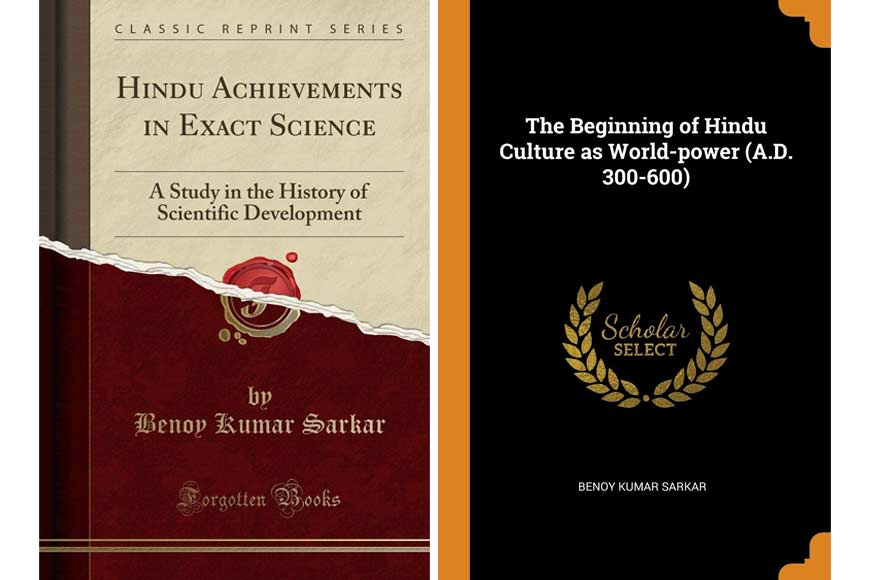‘Sarkarism’ – Neo-Socialism introduced by Benoy Sarkar during World War 1

Professor Benoy Kumar Sarkar is a forgotten name today and very few of us remember this versatile and prolific author, who for 42 years of his life wrote and lectured to develop what was known in his own time as ‘Sarkarism.’ It was an attempt to endow Indian Social Science with a new method and content. He was a renowned social scientist and political activist who left India for several years on the eve of the First World War to become a leading anti-imperial intellectual with a global outlook.
Sarkar (December 26, 1887) was born in Malda Town and his early education was at Malda Zilla School. He was so meritorious that he got into Calcutta University at the age of 13 after he stood first in the Entrance Examination. He graduated in 1905, at the age of 18, with dual degrees in English and History and passed MA in 1906. As a brilliant scholar he was awarded the prestigious Ishan Scholarship, given to the first rank holder of the university. Despite getting a lucrative Government job under the British, he refused and joined the Swadeshi movement.
He believed in anti-colonial education reform and to achieve that, after the outbreak of the First World War, he left India for 11 years, spending his time mainly in Europe, USA and other Asian countries. Sarkar was an anti-imperialist and strongly believed European colonialism was fundamentally illegitimate. He consciously left the imperial space to escape from warfare, colonial censorship and surveillance. Among other destinations he migrated temporarily to the United States and Germany to develop his ideas and personal network to facilitate nationalism and what he considered India’s emancipation.

Sarkar was part of a transnational social field in which different networks of social relationships facilitated the exchange of ideas and practices. The boundaries of these networks were not identical with national or imperial borders but corresponded with the scale of individual migration experience as well as the context of someone’s origin. After his return to India in 1925, Sarkar emerged as a leading anti-imperial intellectual with a global outlook in Bengal’s academic landscape. In his view, anti-imperialism was less the result of local struggles but of life practices reaching beyond the borders of the empire and a high awareness of acting in a global context that located its protagonists in numerous social and spatial contexts.
Sarkar’s career as a lecturer at the Department of Economics in University of Calcutta soared and he enjoyed significant influence over his colleagues and students. Interestingly, he praised Nazism as a ‘form of benevolent dictatorship,’ and advocated establishment of a Fascist Dictatorship in India. Many Indian nationalists felt that a strong Germany successfully challenging Britain in a war might lead to a weakening of Britain's hold on India. Hence upon the outbreak of the war, a number of Indians went to Germany.
The Deutsche Akademie’s India Institute awarded scholarships to about 100 Indian students between 1929 and 1938. From 1937 it was headed by the Indologist and member of the SS, Professor Walther Wüst. The Institute was also active in pro-German propaganda during the Nazi period and instrumental in starting Nazi cells in various firms in Calcutta which were under German control. It also funded German Lektors who taught German to Indian students desiring to go to Germany: Horst Pohle was a Nazi agent who taught German at the Calcutta YMCA and was the German Lektor at Calcutta University. Sarkar was closely associated with the institute and strongly supported the Third Reich and welcomed the coming of Hitler to power, describing him as ‘Vivekananda multiplied by Bismarck.’

From 1926 to 1949 Sarkar was Professor of Economics at Calcutta University. He also established a significant number of educational institutions in Calcutta, including the Bengali Institute of Sociology, the Bengali Asia Academy, the Bengali Dante Society and the Bengali Institute of American Culture. Sarkar was proficient not only in Bengali and English, but was equally accomplished in speaking and writing in German, French and Italian! He was a prolific writer and his books include -- The Positive Background of Hindu Sociology (1914/1921), The Beginning of Hindu Culture as World Power (A.D. 300-600), Chinese Religion Through Hindu Eyes (both published in 1916), Achieving Hinduism in the Right Science: A Study of the History of Scientific Development (1918), The Science of History and the Hope of Mankind, Love in Hindu Literature, Positive Background of Hindu Sociology etc.










